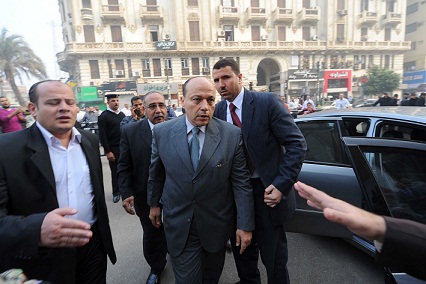CAIRO: Diplomats, civil society workers and experts from around the world gathered Sunday at United Nations Development Program (UNDP) conference to discuss similarities and learned lessons of countries’ transition to democracy.
Participants at the conference, entitled "Pathways of Democratic Transitions", called for economic and political inclusion as two important factors in the success of the transition process towards democracy.
"The aim of our forum is to exchange ideas and share lessons on what has worked, why, and how, in other transitions; and on what some of the obstacles to smooth transitions are, and how they might be avoided," said Helen Clark, UNDP administrator.
The conference featured the participation of Michele Bachelet, former president of Chile, Bashar Habibie, former president of Indonesia, and Ceslo Amorim, former Brazilian Minister of Foreign Affairs, who discussed the experience of their countries in the transitional process.
They said that the transition to democracy takes a long time and needs patience and persistence.
"Achieving all the fair demands of the revolution won’t come as easy or as fast as we hope because the success of the revolution raised aspirations, and Egyptians now look forward to quick and strict steps toward their achievement," said PM Essam Sharaf.
The spread of thuggery, sectarian tension and sector demands, amidst the collapse of the security system pose important challenges when it comes to meeting citizens’ basic demands, he added.
Sharaf said that the Egyptian government wishes to learn from the experience of other countries in rebuilding the security system, unemployment and job creation, developing state institutions, rebuilding trust between the citizen and the state, activating the role of civil society and anti corruption measures, and setting frameworks for discussions of new legislations.
Clark said that the UNDP is working in Egypt on promoting job creation through the development of small and medium sized enterprises and promoting micro-credit schemes and designing a public program to address short-term economic recovery challenges.
On the political level, she said that they are supporting the formal multi-party national dialogue process and mobilizing support for the development of the human rights architecture, anti-corruption mechanisms, and the decentralization and local governance agendas.
"For transitions to respond to these legitimate aspirations, the new economic and political models must not concentrate power and wealth in the hands of a select few," Clark said.
Participants called for addressing the issues of inequality and participation calling for developing mechanisms to achieve political inclusion through civil society groups and political parties.

